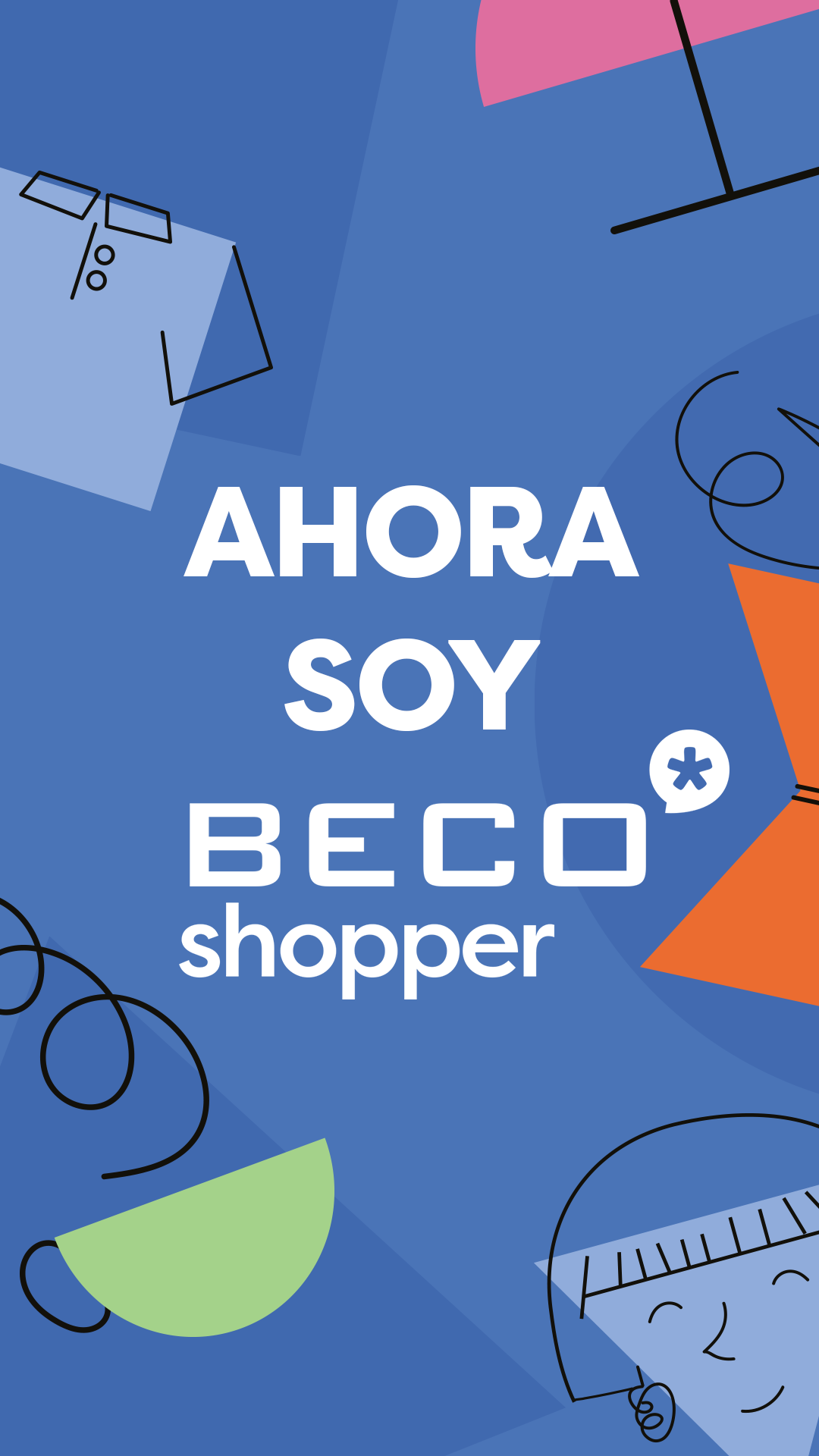How Beauty Retailers Changed The Beauty Ecommerce Game
Ulta Beauty and Sephora are two of the most popular beauty retailers in the United States, with a combined total of almost 2,000 stores. While both stores offer similar products and services, there are distinct differences between the two.
Ulta Beauty is known for its ultra-approachable atmosphere and caters to both high-end and drugstore products, making it suitable for beauty mavens and bargain hunters alike. The store offers a virtual try-on experience called GlamLab, where customers can try on different makeup looks before purchasing. Additionally, Ulta Beauty has a partnership with Target, allowing shoppers to discover new prestige brands alongside Target's standard beauty offerings.
On the other hand, stepping into a Sephora store is like a trendy beauty magazine. Sephora has a reputation for curating and selling more luxury beauty brands and has fully invested in celebrity and influencer brands with higher prices. The store offers a complexion matching AI tool called Color iQ that finds your perfect makeup shades. Sephora is also available at Kohl's stores nationwide.
Both stores offer in-store and online salon and makeup services, but Ulta Beauty has more frequent and aggressive markdowns, positioning themselves as the more affordable option. Ulta has a more extensive assortment of products and stable pricing, while Sephora has a pared-down selection of 340 brands.
During the pandemic, e-commerce and online sales channels increasing by close to 20% in the period 2021-2022. Overnight everything had to be online. Beauty ecommerce has been on the rise in recent years too, with Sephora and Ulta Beauty leading the way.
L'Oréal says that the proportion of e-commerce in the beauty market in 2022 is 27%, compared with 25% in 2021.
According to Statista, Sephora.com is the Beauty online shop with the highest ecommerce net sales in the US, with a revenue of $2.59 billion in 2022, followed by ulta.com with $2 billion.
Sephora has transformed the US retail landscape by incubating some of today’s most powerful brands and pioneering an open-sell environment in prestige. Its self-serve brand-agnostic concept and inclusion of emerging brands and trends has democratized what beauty is about.
Sephora understands sociocultural shifts in beauty, making it a force for change in the industry. One of the Sephora’s strengths is helping its clients find the best products or routine that works for their needs.
Joan Willat, Senior Vice President and General Manager of Retail for Sephora US, says: “E-commerce has definitely become a more integral part of retail business overall. In fact, it has changed the retail trajectory in a lot of ways, by expediting the need for us to set up new ways of working in the retail space.
Omni-channel is offering new experiences and new services, like payment options, online pickup in store or shopping directly on social. The clients’ time is so valuable now that they are the ones choosing when and how they shop with us, so it’s more important now than ever for us to meet them where they are, where they go to find inspiration, and even where they socialise".
Omni-channel means when brands were to be present in different channels such as Retail, Wholesale, Website, Social media, Mobile, etc…
During the pandemic, Sephora flexed and accelerated new innovation and creativity. “We launched partnerships like Instagram Checkout and Instacart, beauty-retail firsts; offered a new flexible payment option for our clients with Klarna; and accelerated the launch of Buy Online Pick-Up In-Store", Joan says.
Meanwhile, Ulta Beauty has found success in partnering with Target to open Ulta shops within Target stores. Sephora has also partnered with Kohl's to expand beyond traditional mall spaces. Both deals are about acquiring new customers and better serving current customers, as both beauty retailers aim to provide bigger partners with access to brands they may not have been able to work with.
Both Ulta Beauty and Sephora have their unique selling points and cater to different customers. Ulta Beauty is more affordable and offers a wider range of products, while Sephora focuses on luxury brands and celebrity and influencer collaborations, besides its beauty blogger program Sephora Squad and a strong sustainable commitment.
And you, what's your favorite beauty retailer?
Jessymar Daneau Tovar (@letroupe)


![About [span]me[/span]](https://i.ibb.co/R4gHdCF/IMG-3442.jpg)


0 Comments